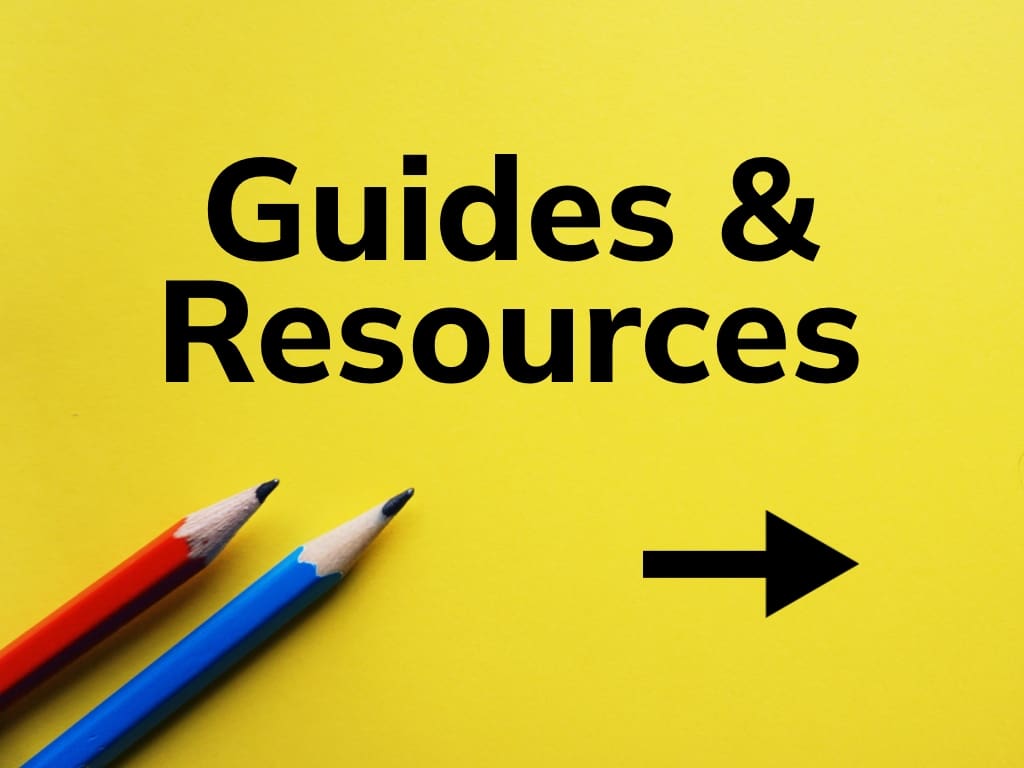
Private schools offer a unique landscape in the realm of education, distinguished by a variety of philosophical approaches that shape their curricula, teaching methodologies, and school cultures. These philosophies range from classical models that emphasize a traditional liberal arts education to progressive schools that focus on student-centered learning and innovation. Understanding these different philosophies provides insight into how private schools not only impart knowledge but also cultivate the individual character and critical thinking abilities of their students.
At the heart of each private school is a set of core values and beliefs about education that influence how administrators set their objectives, how teachers engage with students, and how the school community interacts as a whole. For parents considering private education for their children, grasping the nuances of these educational philosophies can be instrumental in making informed decisions that align with their family’s values and their child’s learning style. Each educational philosophy carries implications for the type of classroom environment, instructional methods, and the expected outcomes for students, which can vary significantly from one private school to another.
Historical Foundations of Educational Philosophies
Educational philosophies have evolved significantly over time, shaping the way private schools approach learning today. They draw from rich historical traditions to offer diverse educational experiences.
Classical Education
Classical education is grounded in the trivium, a method dating back to ancient Greece and Rome, which focuses on three stages: Grammar, Dialectic, and Rhetoric. Grammar encompasses knowledge acquisition, Dialectic encourages critical thinking, and Rhetoric emphasizes communication skills.
Progressive Education
Progressive education emerged in the late 19th and early 20th centuries, pioneered by thinkers like John Dewey. It emphasizes experiential learning through hands-on activities and social reform, proposing that education should be rooted in real-world experiences.
Montessori Approach
The Montessori approach, founded by Maria Montessori in the early 1900s, stresses child-centered learning. It features a prepared environment where children are free to choose activities and learn through exploration, fostering independence and self-discipline.
Waldorf Education
Rudolf Steiner initiated Waldorf education in the early 20th century. This philosophy highlights the role of imagination in learning, integrating arts and creativity throughout the curriculum. Waldorf schools aim to develop well-rounded individuals through a holistic approach.
Core Philosophies and Their Objectives
Educational philosophies guide teaching approaches and curriculum choices in private schools. These philosophies influence how schools meet educational objectives, shape students’ learning experiences, and define the role of teachers.
Perennialism
Perennialism in education centers on enduring ideas and universal truths. This philosophy emphasizes:
- Classical texts: Students engage with classic literature and philosophical works.
- Critical thinking: The approach fosters analytical skills through Socratic seminars and debates.
Essentialism
Essentialism focuses on imparting a core body of knowledge and skills deemed essential for informed citizenship. Its key features include:
- Core subjects: Reading, writing, math, science, and history are heavily emphasized.
- Practical application: Skills are taught with an emphasis on their relevance to real-life situations.
Constructivism
Constructivism posits that students learn best through hands-on experiences and discovery. Under this philosophy:
- Active learning: Educators provide opportunities for students to construct their own understanding.
- Collaboration: Peer interaction is encouraged to facilitate shared learning experiences.
Humanism
Humanism in education is concerned with developing the whole person. It prioritizes:
- Self-actualization: Curricula are tailored to help students realize their full potential.
- Emotional growth: Emotional intelligence is nurtured alongside academic success.
Curriculum and Pedagogy in Private Schools
Private schools often have the autonomy to create specialized curriculums and employ distinct teaching methods tailored to their educational philosophies. Their assessment strategies are designed to measure student performance aligned with the school’s specific goals.
Curriculum Design
In private schools, curriculum design is frequently characterized by customized content that meets the needs of their student population. Montessori schools, for example, focus on student-led, experiential learning, and as such, their curriculum is structured to support independence and exploration. In contrast, Classical schools may prioritize a traditional liberal arts curriculum that stresses the importance of literature, history, and critical thinking.
Teaching Methods
Private schools often employ a range of teaching methods to facilitate learning. At Waldorf schools, for instance, there is an emphasis on creativity and imagination through tactical learning and storytelling. Meanwhile, many preparatory schools may use direct instruction and Socratic seminars to encourage analytical thinking and articulate communication.
Assessment Strategies
Assessment strategies in private schools are designed to match their pedagogical priorities. Whereas a progressive school might use portfolios to track student growth over time, a military academy could deploy structured tests and drills to ensure discipline and mastery of subjects. These assessments can be formative, serving as a continuous feedback mechanism, or summative, providing a conclusive measure of student learning.
The Role of Private Schools in Societal Development
Private schools contribute significantly to the societal development by instilling civic responsibility, fostering innovation, and engaging with the local community.
Civic and Social Responsibility
- Character Education: Many private schools have curricula that emphasize character education, which involves teaching students values such as respect, justice, and responsibility.
- Leadership Skills: These institutions often focus on leadership development, preparing students to take active roles in society.
Innovation in Education
- Curriculum Development: Private schools can implement new teaching methodologies and curriculums swiftly, acting as testing grounds for educational innovation.
- Technological Advancements: They often have the resources to integrate cutting-edge technology into the classroom, enhancing learning experiences.
Community Engagement
- Service Projects: Students are encouraged to participate in service projects, which helps them develop a sense of connection with their community.
- Partnerships: Many private schools form partnerships with local businesses and nonprofits to provide real-world experiences and contribute to local development.
Choosing the Right Philosophy for Your Child
Parents must consider their child’s unique needs and aspirations when selecting an educational philosophy. The right fit can greatly enhance a child’s learning experience.
Identifying Child’s Learning Style
Every child has a distinctive way of absorbing information. Some are visual learners, preferring to see and read the information, while others are auditory, learning best through listening. Kinesthetic learners favor hands-on experiences. Recognizing how a child learns most effectively can guide parents to a school that supports that style.
- Visual Learners: Schools with strong visual-based curriculums, utilizing charts and diagrams.
- Auditory Learners: Programs emphasizing discussions and verbal instructions.
- Kinesthetic Learners: Institutions offering experiential learning opportunities.
Aligning Values and Beliefs
The core values and beliefs of the family should align with the school’s philosophy. Whether it’s a religious-based education or one that promotes certain ethical values, compatibility is crucial.
- Religious Schools: May integrate faith into daily education.
- Progressive Schools: Often focus on social justice and community service.
Considering Long-Term Educational Goals
The ultimate educational aspirations for a child should shape the choice of private school. Some schools have strong college preparatory programs, while others are focused on the arts or sciences.
| Goal | School Focus |
|---|---|
| College Preparation | Advanced Placement or International Baccalaureate programs |
| Artistic Achievement | Enhanced arts programs with specialized facilities |
| Scientific-Technical Careers | STEM-oriented curriculum with hands-on experiences |



